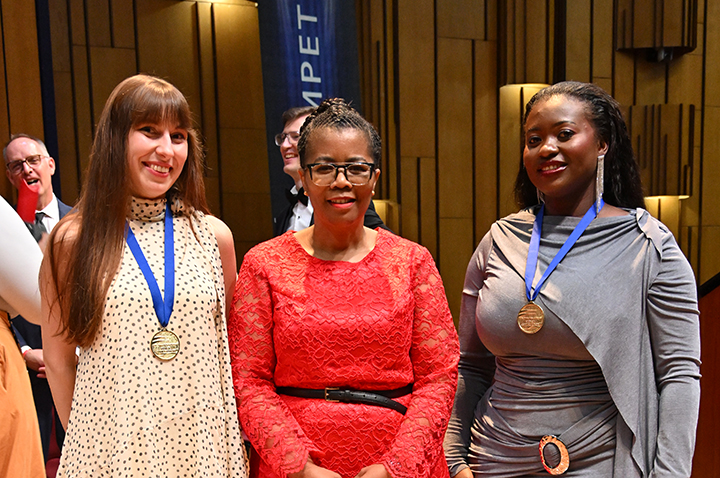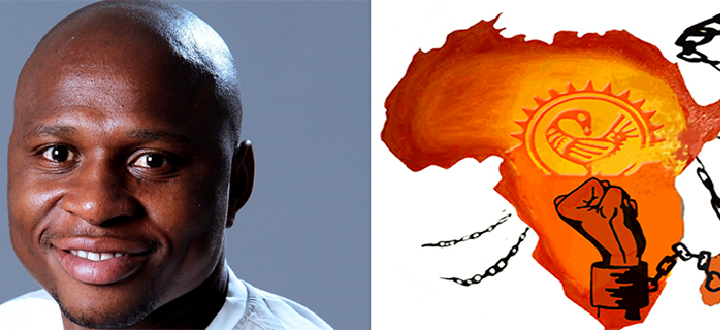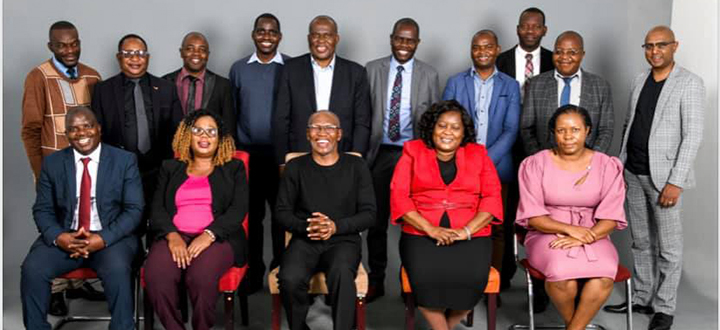
Equipped with state-of-the-art laboratories that provide students with hands-on experiences to bridge theory and practice
The College of Agriculture and Environmental Sciences of the Department of Geography hosted an African Scholar Lecture on 31 September. Dr Philile Mbatha presented a lecture titled "A decade of coastal governance in South Africa: livelihoods, resources and politics".
Dr Mbatha holds a PhD in Environmental and Geographical Science from the University of Cape Town (UCT). In 2014 she was awarded the Fox International Fellowship at Yale University, where she spent a year developing her research focus at the Yale School of Forestry. She has been a lecturer at UCT’s Department of Environmental and Geographical Science since 2016. At the time of her appointment, she was the youngest and the only African black female lecturer in the department. She has since contributed extensively towards promoting transformation and decolonisation in the department and making the Science Faculty more accommodating for black South African students.
Dr Mbatha’s research is about bridging the gap between the governance of natural resources and the livelihoods of people on the ground. She is passionate about influencing decision-making processes regarding the environment and natural resources in order to promote environmental and social justice. Her research centres on understanding ways of improving the governance of natural resources on the coast, and the linkages between global governance regimes and people’s livelihoods in countries like South Africa.
She is involved in processes that facilitate dialogue between policymakers and communities that are usually overlooked in decision-making concerning resource governance. She is also involved in various transdisciplinary projects that link natural science and social sciences in the fields of environment and geography. As such, she has been involved in a number of academic publications, has participated in various international conferences, has supervised a number of postgraduate students and is a mentor to black South African students at UCT.
Dr Mbatha’s lecture focused on coastal resource governance and the related role players. The research was transdisciplinary and touched on metagovernance, involving multilevel and plural governance institutions spanning from a local to a global scale. Multiple sectoral activities in South Africa’s coastal areas were investigated, including blue and green economy activities, such as conservation, fisheries, mining, tourism, port development and aquaculture. Historical and current aspects of coastal livelihoods, with consideration of poverty and inequality on the coast, were addressed. The issue of policy versus practice concerning coastal resource use, with a specific focus on livelihoods, was also explored.
Publish date: 2021/11/23
 Unisa celebrates a project of hope, dignity and student success
Unisa celebrates a project of hope, dignity and student success
 Women vocalists take top honours at Unisa's globally renowned showcase
Women vocalists take top honours at Unisa's globally renowned showcase
 African wealth is dependent on investment in education and development
African wealth is dependent on investment in education and development
 Unisa celebrates matric result success at Correctional Services ceremony
Unisa celebrates matric result success at Correctional Services ceremony
 Unisa ICT Director recognised among acclaimed IT leaders
Unisa ICT Director recognised among acclaimed IT leaders